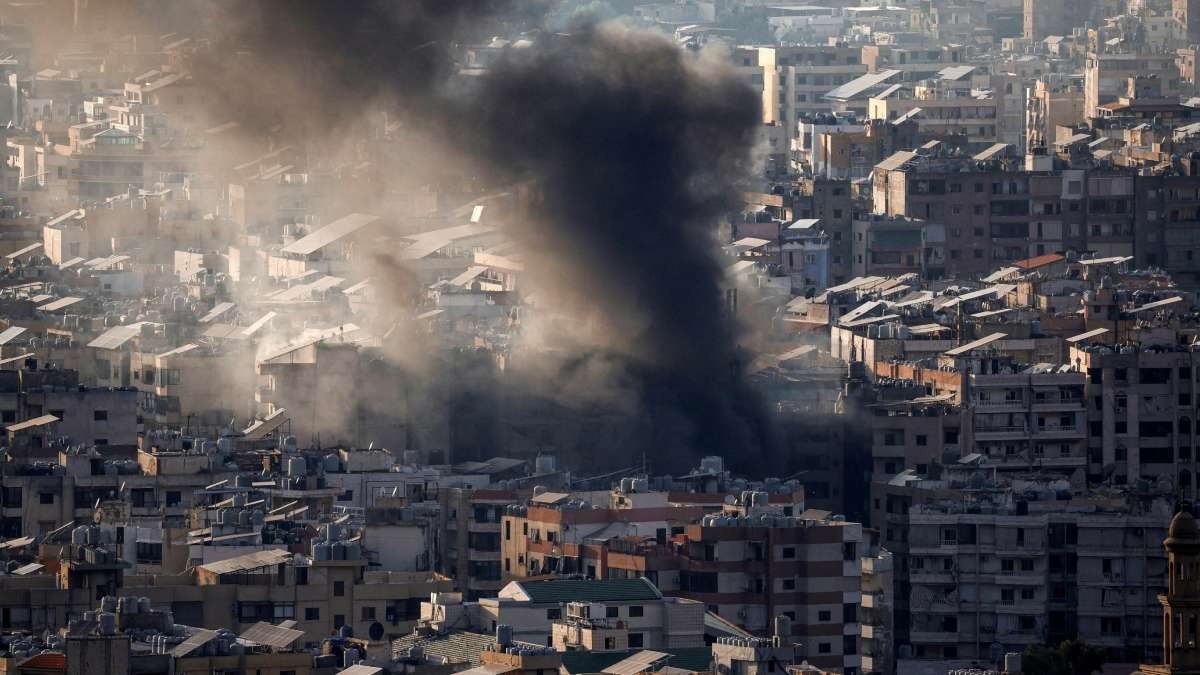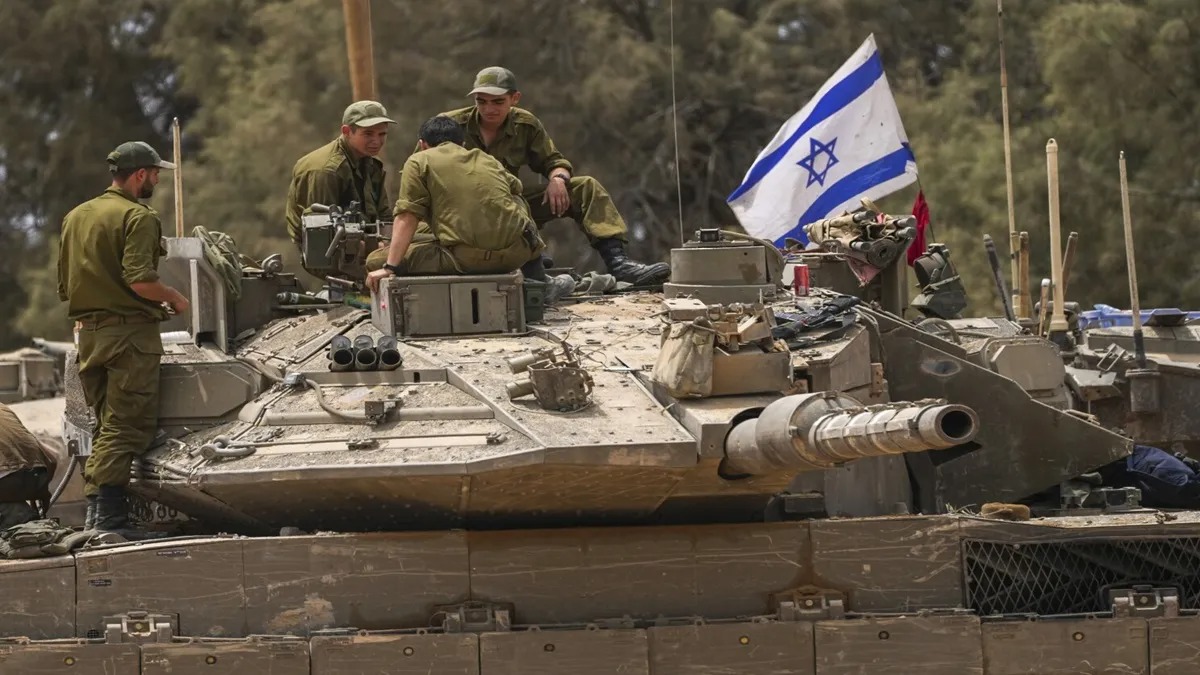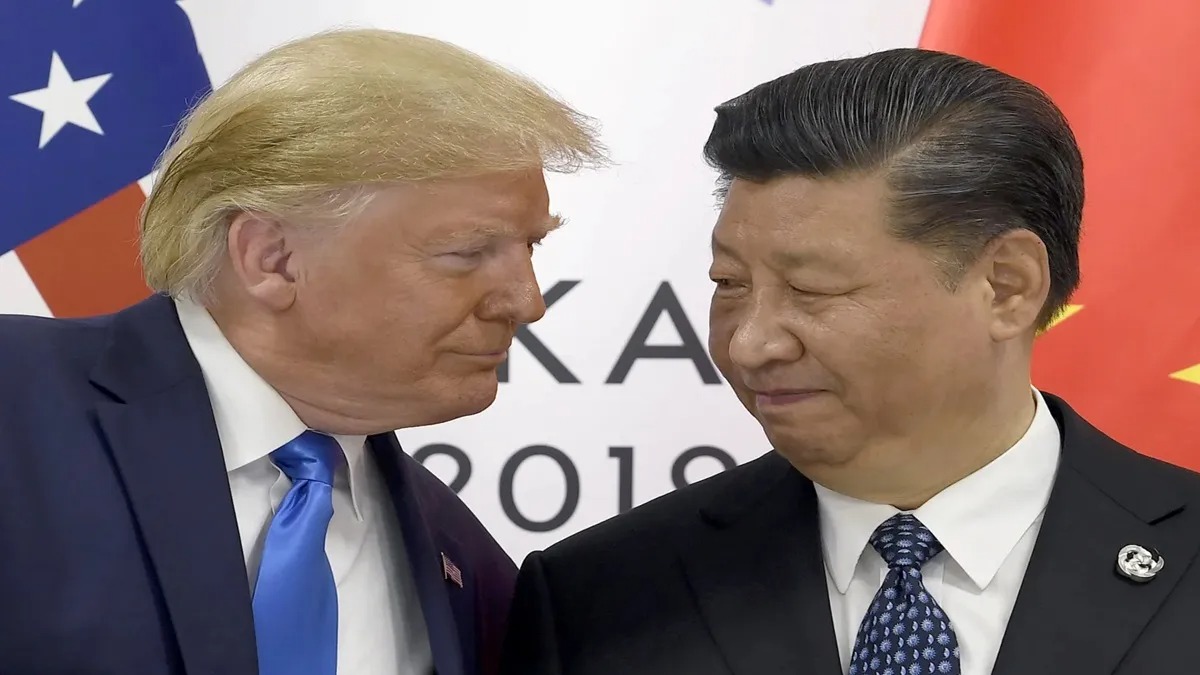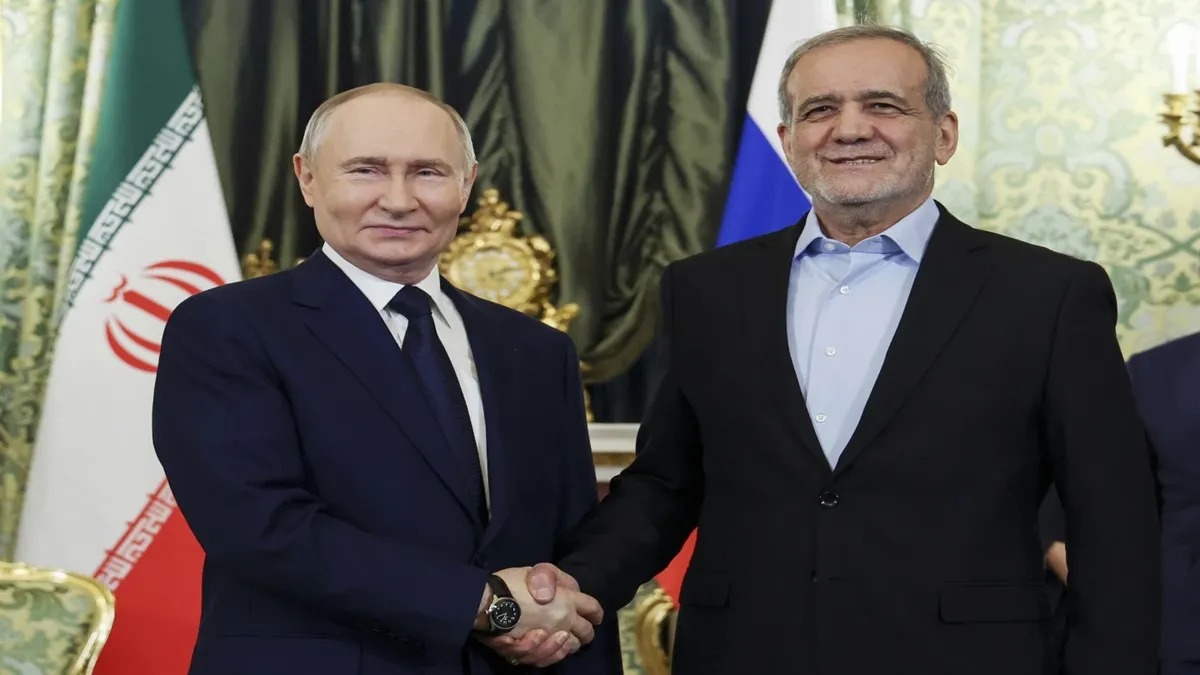
International: A new wave of Israeli strikes in Gaza killed at least 29 Palestinians, according to medics, as forces pushed deeper into the Jabalia area where international relief agencies say thousands of people are trapped. At least 19 people were killed overnight and 10 more died on Saturday evening after Israel struck two houses in Jabaliya and the Nuseirat camp in central Gaza.
The Israeli military published new evacuation orders on Saturday to two neighbourhoods on the northern edge of Gaza City, which also lies in the north of the enclave, saying the area was a "dangerous combat zone". Meanwhile, Gaza's Hamas-run ministry urged residents not to relocate within northern areas of the enclave and also to avoid heading south "where the occupation is conducting continued bombing and killing every day in the areas it claims to be safe".
The Israeli military said it had been operating against Hamas fighters who had been using civilian buildings and said clear evacuation instructions had been issued over recent days to areas including the Kamal Adwan Hospital. It said an evacuation convoy to take patients from the hospital to Gaza City had arrived on Saturday with a supply of fuel for the facility.
Dozens of militants killed in Gaza's Jabalia
Israeli forces continued to pound Jabalia, the largest refugee camp in northern Gaza, from the air and ground. The Israel Defence Forces (IDF) has in recent days claimed to kill dozens of militants there, including 20 on Saturday by tank fire, close range gunfire and airstrikes. Hamas denies that its fighters deliberately use civilian areas as bases.
Palestinian health officials put the number of people killed in Jabalia over the past week at around 150. Israel's military campaign in Gaza, aimed at eliminating the militant group Hamas, has killed more than 42,000 Palestinians since it began a year ago, according to Gaza's health ministry, and has laid waste to the enclave.
In a statement on Saturday, Hamas said Israel's "massacre against the civilians" aimed to punish the residents of Jabalia for refusing to leave their homes. It also said it was a sign of Israel's military failure to defeat the group. Palestinian and United Nations officials say there are no safe areas in Gaza as Israel continues to issue evacuation orders. Israel has denied it targets civilians.
The war began after a Hamas-led assault on October 7, 2023, on southern Israeli communities in which 1,200 people were killed and about 250 were taken hostage, according to Israeli tallies.
Israel hits UN headquarters in Lebanon
Israel is also leading a military offensive against Hamas ally Hezbollah in Lebanon, striking the UN peacekeepers' main base in the southern part of the country, prompting UN Secretary-General Antonio Guterres and Western countries to condemn the attacks. A third UN peacekeeper was wounded in Israel's escalating conflict with the Iran-backed Lebanese group.
It occurred a day after Israel's military fired on the headquarters for a second straight day. Israel, which has warned peacekeepers to leave their positions, didn't immediately respond to questions. The UNIFIL force called it a "serious development" and said the security of UN personnel and property must be guaranteed.
France summoned Israel's ambassador, and issued a statement with Italy and Spain calling such attacks "unjustifiable". US President Joe Biden said he was asking Israel not to hit the UNIFIL forces. Russia said it was "outraged" and demanded Israel refrain from "hostile actions" against peacekeepers. "It is unacceptable, it violates what was established by resolution 1701 of the United Nations. The Italian government, as you know, has strongly protested with the Israeli authorities," said Italian Prime Minister Giorgia Meloni.
The situation in Lebanon remains dire as Hezbollah on Sunday said it was fighting Israeli forces trying to infiltrate Ramiya village in southern Lebanon, while the Israeli military said Hezbollah had fired nearly 320 projectiles into Israel on Saturday, without giving further details. Evacuation orders were issued to residents of 23 southern Lebanese villages to move north of the Awali River, which flows from the western Bekaa Valley into the Mediterranean.
--Advertisement--

 Desk
Desk Share
Share






